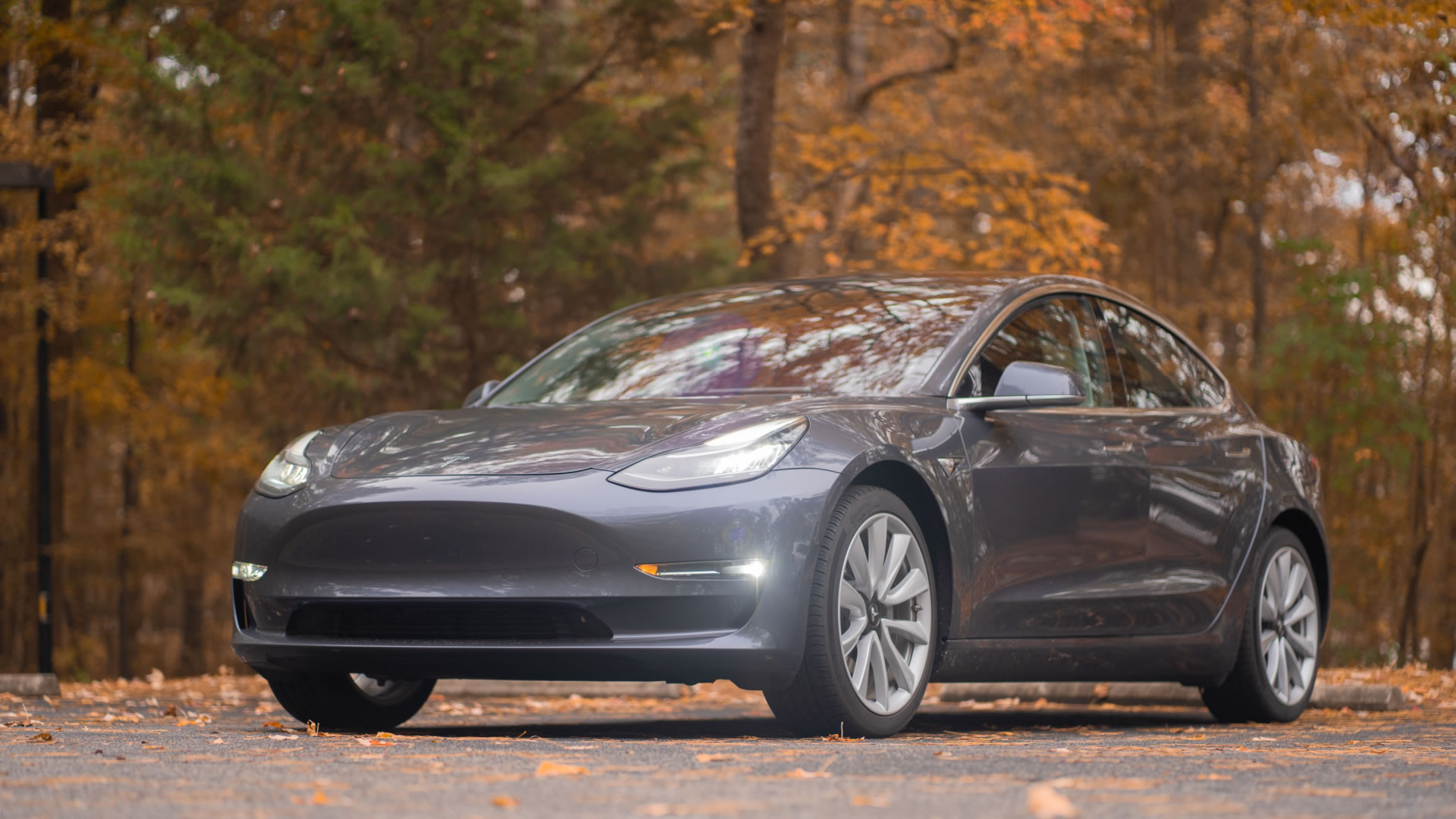California Autonomous Vehicle Laws
California is a hot spot for autonomous vehicle testing. The state has a long history of automobile manufacturing, and it’s home to some of the most advanced technology companies in the world. That means there’s no shortage of talented people who want to get involved with developing autonomous vehicles for use on public roads—and that also means there’s plenty of competition for those who want to do so.
Facts:
- California is the state with most comprehensive autonomous vehicle driving laws. Self-driving cars in California are more regulated than in any other part of United States.
- California was the third state to permit self-driving vehicles on state roads back in 2012, after Nevada and Florida.
- A special Autonomous Vehicles branch of California DMV establishes laws, rules and regulations regarding self-driving vehicles in this state.
What Are Autonomous Vehicles?
To begin with, an autonomous vehicle (AV) is any vehicle that can operate without human input or oversight by someone other than its driver.
In general terms, this means that an AV must have some form of automation technology installed in order to be considered “autonomous.”
This includes things like sensors for detecting objects around them and computers programmed with algorithms able to make decisions about how best navigate through traffic situations or avoid hazards on their own accord—without relying on GPS data from satellites orbiting overhead!
Permitted AVs in California
California currently permits the use and testing of autonomous vehicles (AV) with these important points:
- Fully autonomous vehicles may only be operated on public roads by persons authorized by the manufacturer, who in turn submitted a testing application to DMV.
- All testing AVs must have a driver ready to take control of the vehicle in case of failure.
- Drivers must have proof of financial responsibility.
Furthermore, manufacturers are currently not permitted to receive compensation or charge a fee for providing rides to the public.
Completely Autonomous Driving (Full Self-driving)
Completely autonomous driving mode, i.e. full self-driving vehicles are not available for use outside of testing. In fact, California introduced new legislation in December 2022 prohibiting manufacturers such as Waymo, Cruise or Tesla from advertising their vehicles as full self-driving. Tesla for example has been in a number of lawsuits for their misleading claims about full self-driving (FSD) capability.
For example, Tesla vehicles today have an automated driving level 2, meaning these vehicles can at times control steering, acceleration and braking. This is called driver-assist and is not considered full self-driving.
In summary, driving an autonomous vehicle in California is legal. However, these vehicles must have a driver behind the wheel at all times who must still adhere to other laws such as distracted driving.
We have covered everything you need to know about autonomous vehicles in California and how it affects people who live here. We hope this article has helped answer any questions or concerns you may have had about these new technologies, as well as provided some insight into what’s happening with legislation surrounding them.
Sources & references:
- California DMV – California Autonomous Vehicle Regulations
- California DMV – Autonomous Vehicles program
- California Code – Title 13 – Motor Vehicles, Division 1 Chapter 1 Article 3.7 – Testing of Autonomous Vehicles
- California Vehicle Code – Division 16.6 Autonomous Vehicles [38750-38755]
